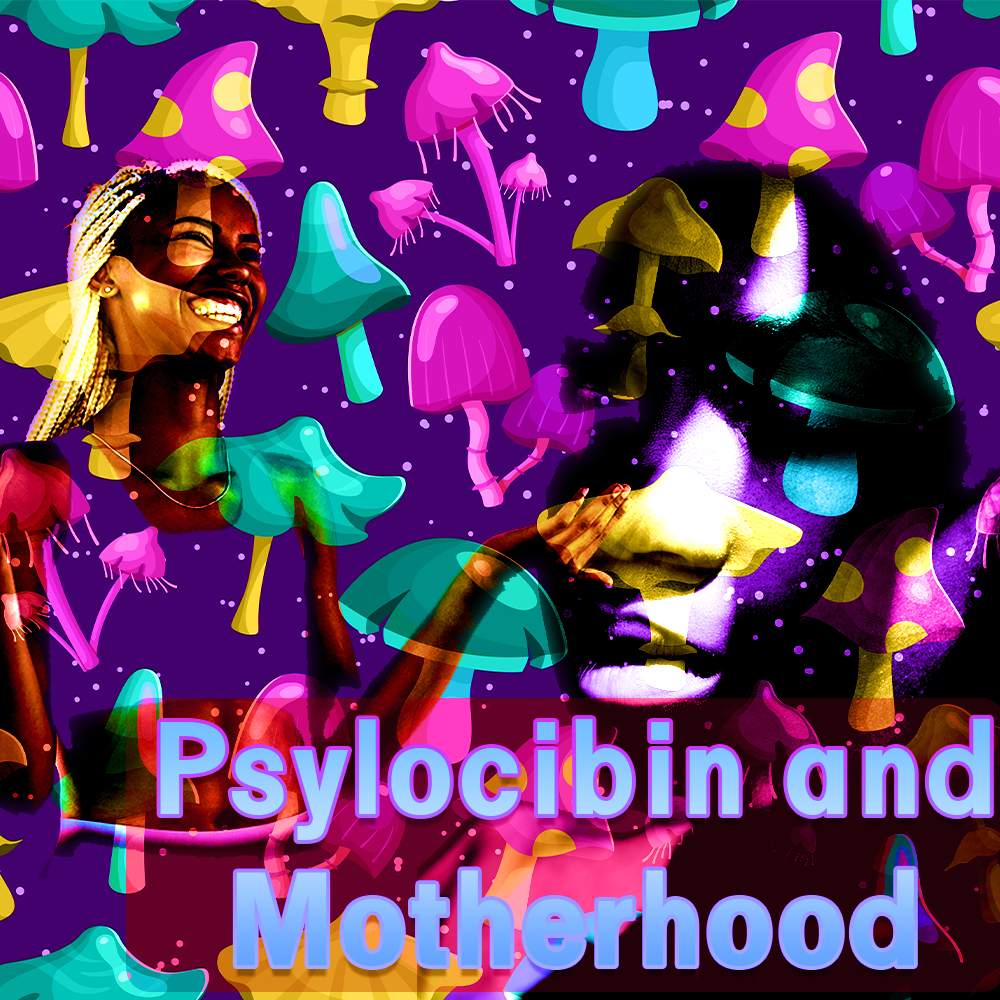Having a baby should be the most joyous time of a woman’s life. Yet, many of us imagine the joy and love of childbirth and never expect such sudden darkness called Postpartum Depression. Although not every mother will go through postpartum, some will experience a deep depression after the birth of their child.
What is Postpartum Depression?
Postpartum depression (PD) is a mood disorder that usually begins within the first days or up to a year after delivering a baby or experiencing a miscarriage or stillbirth. However, PD can last for months or even years. There isn’t an exact reason why some new mothers develop postpartum depression, and others don’t. Research believes it to be a combination of emotional, physical, genetic, and social factors. After delivery, mothers experience estrogen and progesterone levels drop significantly, possibly causing postpartum.
Signs of Postpartum Depression
- Anxiety
- Feelings of guilt and shame
- Anger and rage
- Physical aches and pains
- Feeling sad, hopeless, and overwhelmed
- Thoughts about harming oneself or the baby
The “Trip” of a Lifetime
Let’s talk about my introduction to Psilocybin. It all started after my second childbirth. I thought I was handling being a new mom well, and then the doubt, fear, and guilt came in waves. These feelings went on for a few days, after which I told my husband. We quickly started to do research and learned about postpartum. Then, following education and patience, things got better.
Also, during that time, I had another baby. Again, thinking I had a hold on everything since the last time I had researched and had a plan that “worked.” Boy!! Was I ever so wrong? After our fourth son was born, I was good! I felt good and was excited about the future. But, five months into the pregnancy, I felt waves of doubt like I had never felt before. I was so afraid. I just knew my family was better off without me. I heard voices, voices that challenged everything I knew spiritually. Everything I had learned was out the window. I was lost, scared, and felt so alone. It was like being locked in a dark room, not able to find the light or a way to unlock the door. After hitting rock bottom, I knew something had to change, or else I would lose my family, or they were going to lose me. I got introduced to microdosing Magic Mushrooms, medically known as Psilocybin.
I have taken mushrooms before to trip and have a psychedelic experience. This time around, I looked into their healing properties of them. Research on psilocybin has shown to treat a range of psychiatric and behavioral disorders, although it’s yet to receive FDA approval for anything. The studies have included people suffering from different forms of depression, obsessive-compulsive disorder, quitting smoking, alcohol addiction, cocaine addiction, cluster headaches, and cancer-related or other end-of-life psychological distress.
How do Magic Mushrooms(Psilocybin) Work?
Magic mushrooms can give you the relaxation effect similar to taking a low dose of marijuana.
Some like to compare Magic Mushrooms to other hallucinogenic drugs, such as LSD or peyote. Magic Mushrooms produce most of their effects by acting on neural highways in the brain that use the neurotransmitter serotonin. More specifically, magic mushrooms affect the brain’s prefrontal cortex, the part of the brain that regulates abstract thinking, thought analysis, and plays a key role in mood and perception.
Postpartum Depression isn’t something we talk about with our families. Magic Mushrooms is something that isn’t talked about either. One is a silent killer creeping in, and the other is the taboo medicine that will heal. I am writing this a year after my first dose, I am writing this as an advocate for Magic Mushrooms treating and curing depression. I am writing this to provide a little information on a life saving fungal medicine.
When you have hit rock bottom what else do you have to lose? Get ready for a trip that will save your life!


